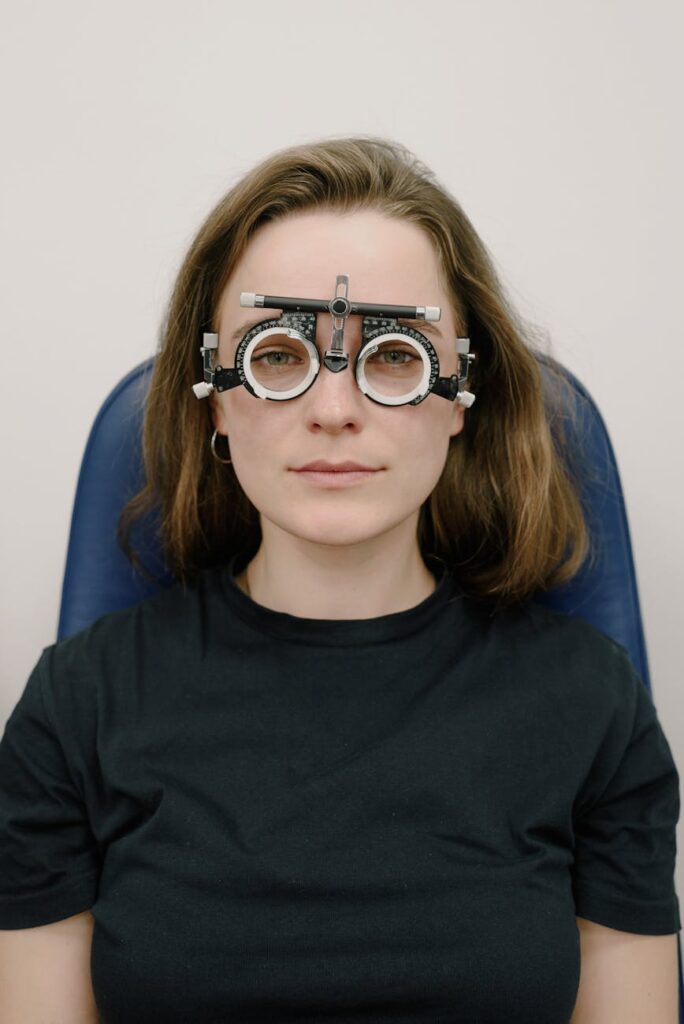Proper Storage Techniques
When it comes to protecting and preserving optical instruments, employing the right storage techniques is as vital as the instruments themselves. Whether you possess a pair of top binoculars for birdwatching, a scope for your rifle, or high-end ophthalmic equipment, understanding the best ways to store these items can save you time, money, and frustration. Let’s delve into why maintaining records and considering storage conditions are key components of proper optics care.
Importance of Maintenance Records
Keeping detailed maintenance records of your optical instruments is a crucial step in safeguarding your investment. According to Eyes On Eyecare, having a maintenance and repair record helps track the upkeep of your equipment and ensures its proper functioning. This is particularly important for military-grade optics or any optical devices used in professional settings where precision is paramount.
A log or digital record should include:
- Dates of routine maintenance
- Descriptions of any repairs or adjustments made
- Notations of any ongoing issues or concerns
Such records not only provide a timeline of care but also can be invaluable if warranty work or insurance claims are needed. They also assist in creating a schedule for routine cleaning, which is essential for devices like riflescopes and binoculars, ensuring that they remain in top condition for your next outing or observation session.
Impact of Storage Conditions
The environment in which you store your optics can have a significant impact on their longevity and performance. Poor storage conditions can lead to unnecessary wear-and-tear, deterioration, or breakage, which in turn can significantly reduce the lifespan of the equipment (iKiSS).
To maintain optimal condition, consider the following storage conditions:
- Temperature: Avoid extremes. Optics should be stored in a climate-controlled environment to prevent damage from expanding and contracting materials.
- Humidity: Low humidity is preferred to prevent the growth of mold and fungus, which can damage lenses and coatings. Consider using silica gel packs or a dehumidifier for added protection.
- Dust and Debris: Store optics in a clean, dust-free area or within protective cases to keep lenses and sensitive components pristine.
- Light Exposure: Minimize exposure to direct sunlight to prevent the degradation of materials and coatings over time.
Implementing these storage conditions not only extends the life of your optics but also ensures that when you’re ready to use them, they’re in the best possible shape for activities such as deer hunting, competition shooting, or astronomy. Remember, proper storage is a form of maintenance that can greatly influence the light transmission in optics, the magnification power in scopes, and overall reliability of your optical devices.
Optimal Storing Practices
Ensuring your optical instruments are stored correctly is key to maintaining their precision and extending their useful life. Whether you are a stargazer with a cherished telescope or a hunter with high-end scopes, the following guidelines will help you devise the best storage strategy for your optics.
Suitable Storage Locations
Your storage area plays a significant role in the condition of your optical gear. Favorable locations are crucial in avoiding damage from environmental factors. The ideal storage spot should have a stable, moderate temperature and low humidity to prevent any detrimental effects on your optics. Here are some prime locations for storing your equipment:
- Bedroom or guest bedroom: These areas typically maintain a stable temperature and humidity level.
- Living Room: A common area like a living room can be a good option, provided it’s not prone to drastic temperature changes or excess moisture.
- Dedicated Storage Space: A closet or cabinet designed for electronics or delicate instruments can offer a protected environment.
It’s advisable to avoid storing optics in a garage or shed due to potential exposure to extreme temperatures, high humidity, and rapid temperature shifts which can lead to issues like lens fogging and mold growth. Additionally, ensure the storage location is not prone to dust and is away from direct sunlight to prevent lens damage.
Assembled vs. Disassembled Storage
Deciding between keeping your optical devices assembled or disassembled during storage is largely a matter of personal preference and convenience. Here are some points to consider:
- Assembled Storage: Keeping your equipment assembled is convenient as it saves time when you want to use it next. However, it may be more susceptible to accidental bumps or falls.
- Disassembled Storage: Disassembling your equipment may reduce the risk of accidental damage and can make it easier to store in smaller spaces. It does require more time to set up when you want to use it again.
When storing telescope accessories like eyepieces and Barlows, always use dust caps and store them in a case or secure pockets of telescope bags to minimize dust accumulation and condensation buildup, especially in humid environments (AstroTelescopium).
Proper air circulation is vital in any storage location to ward off mold, which is detrimental to optics. In regions with high humidity, consider using dehumidifiers or silica gel packets to keep moisture at bay.
By following these optimal storing practices, you’re not only protecting your investment but also ensuring that your equipment performs at its best whenever you use it. For additional information on maintaining the quality of your optics, explore articles on cleaning your rifle scope, preventing foggy binocular lenses, and DIY optics repair. If you’re in the market for new gear, check out our reviews on emerging optics brands and guides like the binocular buying guide or choosing a rifle scope to make an informed purchase.


Pingback: DIY Optics Repair When to Attempt It and When to Seek Help - OpticsWizard